WHEN VITALITY ebbs away from cultures immune system, signs of the emerging catastrophe are visible in the decomposition of the laws and institutions that are societys buttresses.
Western nations have been in a state of transition since the Second World War. Following the mass slaughter on the killing fields of Europe, the survivors and their children made it clear that they would no longer defer to those who had previously ruled them. But those who were paid to think and act on their behalf have generally failed to enrich the hollowed-out communities on which the predators had feasted. Ideas capable of animating the renewal of communities were missing.
When the 21st century dawned, people were intuitively aware that a dangerous void existed. Russia had just been lost to the oligarchs, but the significance of the way in which the de-socialisation of the Soviet Union had been mishandled was not understood. Is the West at risk of going the same way as Russia, a society defined by corruption and the casino? I fear that the risk is a serious prospect, but it need not be so. The philosophical void can be filled by invoking the twin principles of justice (between people) and efficiency (in the use of natures treasures). But substantive change will not occur until people are convinced that those who represent them have failed, and are not competent to redeem themselves.
To assess the evidence as it relates (to a greater or lesser degree) to all of the Western nations, I articulated four indictments levelled specifically at the UK. If the facts I have accumulated are sufficient to convict the state and its agents in the court of public opinion, the time has come for the citizen to reclaim his and her destiny. The reader who has remained with me on this journey through the files of evidence will have reached a conclusion as to whether I have made a convincing case. I will offer my judgement.
Indictment I

The state is derelict in its duty to citizens
HISTORY, WHEN we step back to observe its contours, may be seen primarily as the struggle to adjust to new forms of land tenure. The anthropological record reveals finely tuned adjustments of communities to their ecological habitats to ensure long-term survival. The historical record is more complex. The adjustments ranged from the territorial conquests of early civilisations and empires through to the land grabs of colonialism. In all cases, it was the struggle for land or its extractable resources that underpinned the episodic highlights of history.
The forces that shaped the modern state, and therefore the character of the power that it exercises, were disputes over land and its rent. The struggle over public value may be tracked at several levels. One is cross-border conflict over territory. The level that we have chosen for analysis is domestic politics and the machinations to control the public purse. The outcome was the privatisation of rent. Marshall elegantly described the economics that preceded this privatisation, and the need to invest large amounts of capital in the public goods that create the public value in land. He wrote:
Large expenditure is needed to secure air and light and playroom. And the most appropriate source from which that expense can be defrayed seems to be those extreme rights of private property in land, which have grown up almost imperceptibly from the time when the king, representing the State, was the sole landowner. Private persons were but landholders subject to the obligation to work for the public well-being.
The state cannot discharge its obligations if the natural source of its revenue is withheld from it. Thus, the state was undermined almost at the outset by the aristocrats coup. Land lords disengaged themselves from the social obligations associated with the rents they received. This established the class system that continues to dis-unite Britain. Tony Blairs Equalities Review concluded that the single largest contributor to inequality in most cases was without doubt the class into which people were born.
Gordon Brown did nothing to unravel the financial vortex which spins the inequalities that disgrace Britain. He continued with Henry VIIIs policy of alienating state assets so that the proceeds could be spent as income. In his budget on March 22, 2006, for example, he announced the sale of 30bn of fixed assets by 2010 to raise cash for front line priorities. Rental revenue, if it were retained in the public domain but usingmarket mechanisms like auctions to determine values could fund public goods in perpetuity. Instead, Brown embarked deeper into the sale of land owned by the publics hospitals. The outcome is an artificial cap on the productivity of the economy.
To prove our case that the state is derelict in its duty to citizens, we had to prove that it is responsible as Hurstfield put it for subverting the welfare of its members; and that we may define corruption as the subversion of that object for other ends. We have quantified the under-production of wealth and welfare as a result of state policies. We can, therefore, safely conclude that the Tax State has been derelict in its duty to treat all citizens as equals. The result is the severe deprivation of peoples welfare; and the unjust distribution of income.
The state needs to be disciplined by the people. As James Harrington presciently noted in the 17th century, democracy is contingent on a democratised form of land tenure. We are attracted, in particular, to his concept of balance, which denotes a sustainable arrangement. Balance was secured when land was diffused in a way that deprived law-makers of the ability to abuse their power against the interests of the free and equal commonwealth. His particular formula may have been appropriate for the economy of the 17th century, but it would not meet the needs of the post-industrial society. Nonetheless, we can easily translate the philosophy of land-sharing in terms of the democratisation of the publics finances. In practice, this means viewing rent rather than the land itself as the shared resource. To achieve this, we need rules that limit the power of the state to tax peoples earned incomes. We need to distinguish between two kinds of expenditure. The first is revenue that is needed to support the state itself. The second is the expenditure that is for and by citizens who, in a mature democracy, do not need the support of state paternalism. To secure this outcome, we need a new constitutional settlement; one that guarantees everyones right of access to the rents from the land of their birth.

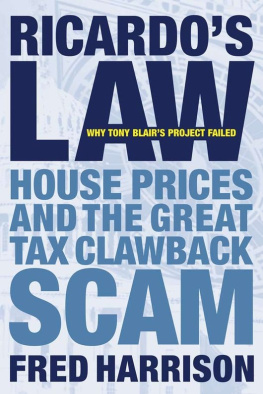


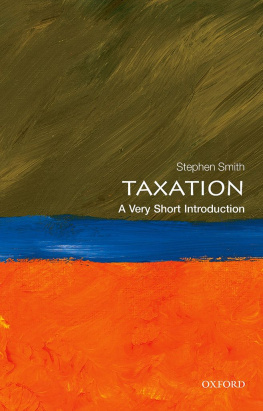
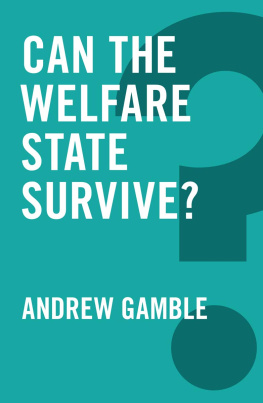


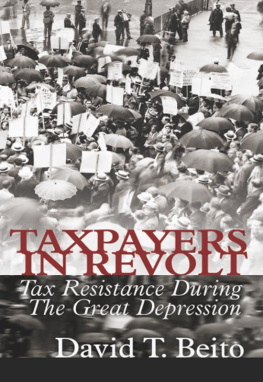
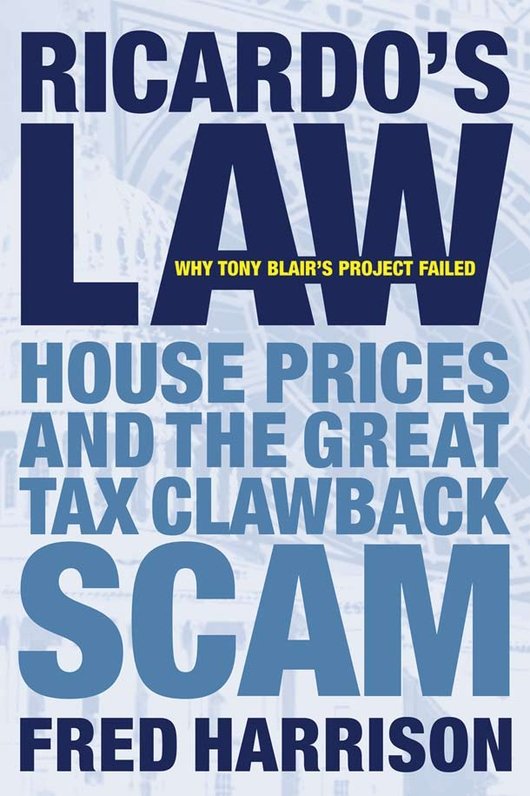
 The state is derelict in its duty to citizens
The state is derelict in its duty to citizens